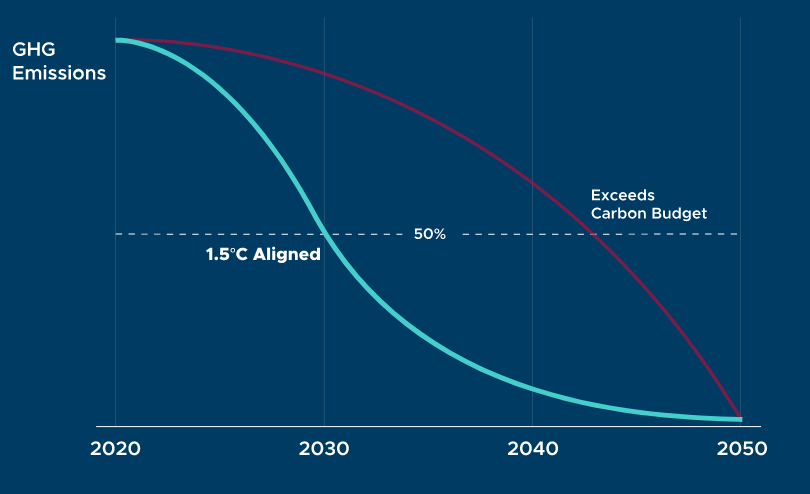New analysis by RMI, in partnership with the Bezos Earth Fund, reveals surging solar, wind and battery capacity out to 2030 is now in line with ambitious net-zero pathways.
The forecasts see solar and wind supplying over a third of all power by 2030 (up from around 12 per cent currently), while the major cost declines over the past 10 years are expected to continue with solar and wind roughly halving in price again by 2030. RMI forecasts that what is already the cheapest form of electricity in history will fall as low as $20/MWh for solar from over $40MWh currently.
Meanwhile, fossil fuel demand for electricity will be in steep decline, down as much as 30 per cent from the 2022 peak by 2030, as renewable electricity further outcompetes hydrocarbons on cost.
This exponential growth in renewables has put the electricity system at a global tipping point where the transition away from fossil fuels has become hard to reverse, suggesting fossil fuel demand has peaked in the electricity sector and will be in freefall by the end of the decade.
The analysis comes as the Global Stocktake, which delivers the results of a two-year assessment of global efforts to meet the goals of the Paris Agreements, is expected to highlight a major shortfall in necessary progress to stem the accelerating climate crisis. However, this backward-looking assessment misses the exponential growth of new energy technologies in the largest industries of the fossil fuel system. Electricity and road transport account for more than half of fossil fuel demand and have reached tipping points in deployment to pave the way for wide-spread adoption.
“This is a clear signal to policy makers, businesses and investors to seize the opportunity of accelerating the energy transition. The call to triple renewable electricity investment and capacity by 2030 are deliverable. But only by removing barriers to faster renewable deployment, from streamlining permitting to redirecting subsidies for polluting energy. Otherwise, the exponential growth we are seeing and the benefits that come with it could be derailed unnecessarily,” said Christiana Figueres, former executive secretary of UNFCCC.
Latest News
-
Bank partners with charity to tackle financial risks facing young gamers
-
Trump effect leads to slump in European ESG investment
-
Skipton Building Society names Refuge as its next charity partner
-
Voices of children impacted by hygiene poverty to be played at shopping centre toilets
-
Corporate partners wanted for rebranded environmental match funding campaign
-
Building Society hands domestic abuse survivors’ charity £150,000
© 2019 Perspective Publishing Privacy & Cookies









Recent Stories